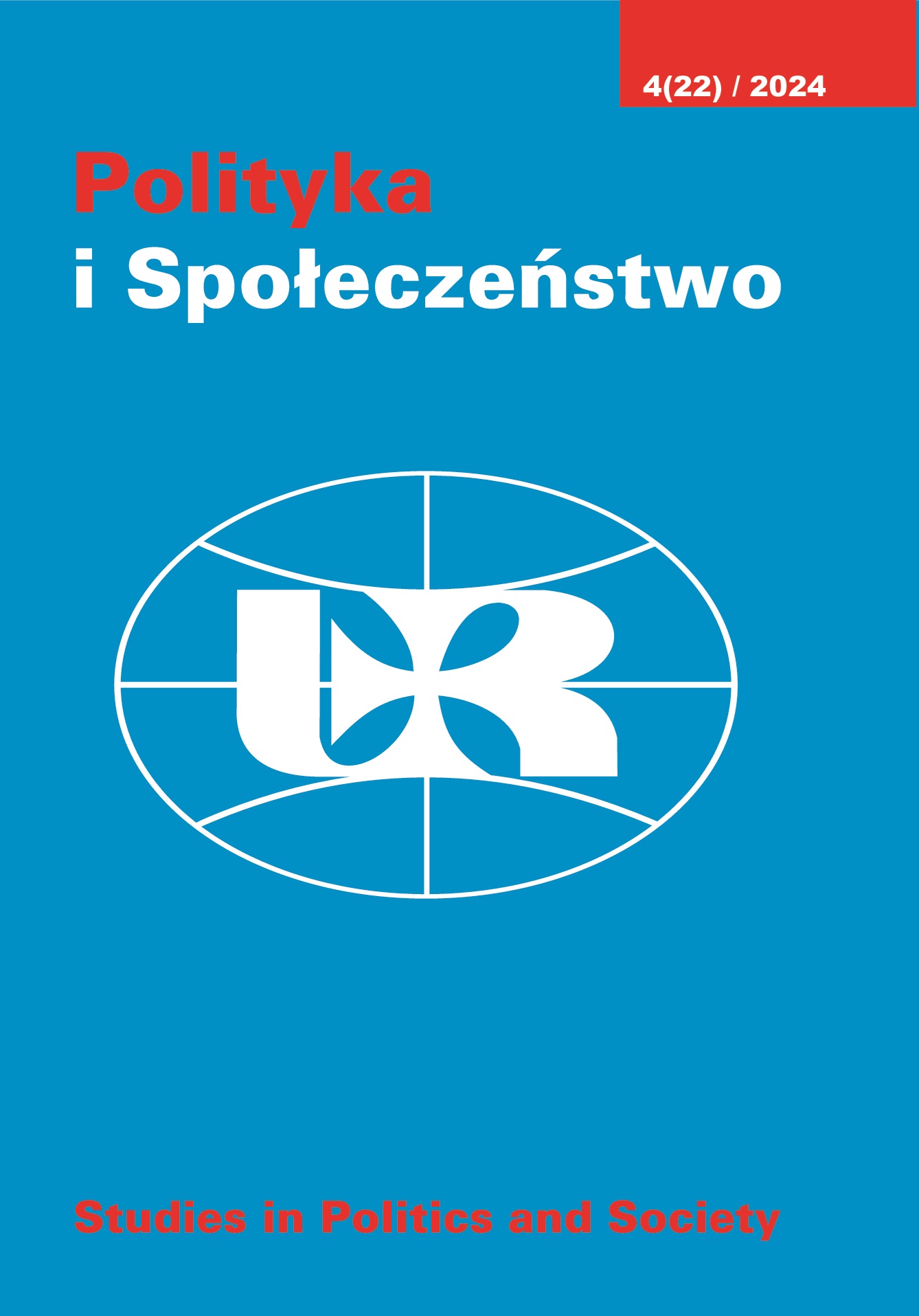Military incident as an element of political struggle in Middle East, illustrated by the example of the clash in Rafah region, 7 January 1949
DOI:
https://doi.org/10.15584/polispol.2024.4.20Keywords:
incident, Israel, British, Arab, PalestineAbstract
By the end of first Israel-Arab war, on 7 January 1949 there occurred a military incident near Rafah, at the border between Palestine and Egyptian Sinai. The Israeli air force and anti-aircraft defence shot down five British aircraft. Three British pilots died and two ended up in captivity. London claimed, that the aircraft were only supervising the implementation of the truce between Egypt and Israel. Tel Aviv recognised the flights as an act of hostility. Great Britain did not recognise the proclamation of Israel and did not receive the UN permission for these flights. The following text discusses two issues. Firstly, it presents the paradox that the clash of 7 January 1949 eventually led to the change of London’s policy and recognising the state of Israel by Great Britain. Thus, it was an example of a military incident that led to positive political outcomes. Secondly, it is pointed out that the clash of 7 January 1949 was a clear signal of the decline of imperial position of Great Britain in the area of Levant.
Downloads
Published
How to Cite
Issue
Section
License
Copyright (c) 2024 Polityka i Społeczeństwo

This work is licensed under a Creative Commons Attribution-ShareAlike 4.0 International License.


